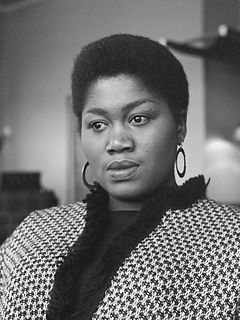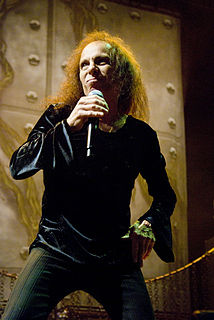A Quote by Nicholas Hammond
I'm always fascinated by people when they reach that fork in the road, where they can make a moral choice.
Quote Topics
Related Quotes
Humanity is at a fork in the road and we can no longer stand there staring at the map pondering which direction to take. It is hardly a choice, after all. One Road leads to a global fascist dictatorship that would control every aspect of our lives, including our thoughts. The other will open the door to freedom and potential on a scale never experienced in the 'world' as we have known it. Hard one, isn't it? A choice between a prison and a paradise?
Sometimes you wonder, I mean really wonder. I know we make our own reality, and we always have a choice, but how much is preordained? Is there always a fork in the road, and are there two preordained paths that are equally preordained? There could be hundreds of paths where one could go this way or that way -- there's a chance, and it's very strange sometimes.
A dozen times a day we come to a fork in the road and must decide which way we will go. It is important to get our ultimate objectives clearly in mind so that we do not become distracted at each fork in the road by the irrelevant questions: Which is the easier or more pleasant way? Or, Which way are others going?
We stand now where two roads diverge. But unlike the roads in Robert Frost's familiar poem, they are not equally fair. The road we have long been traveling is deceptively easy, a smooth superhighway on which we progress with great speed, but at its end lies disaster. The other fork of the road - the one less traveled by - offers our last, our only chance to reach a destination that assures the preservation of the earth.
There can be no truly moral choice unless that choice is made in freedom; similarly, there can be no really firmly grounded and consistent defense of freedom unless that defense is rooted in moral principle. In concentrating on the ends of choice, the conservative, by neglecting the conditions of choice, loses that very morality of conduct with which he is so concerned. And the libertarian, by concentrating only on the means, or conditions, of choice and ignoring the ends, throws away an essential moral defense of his own position.
































